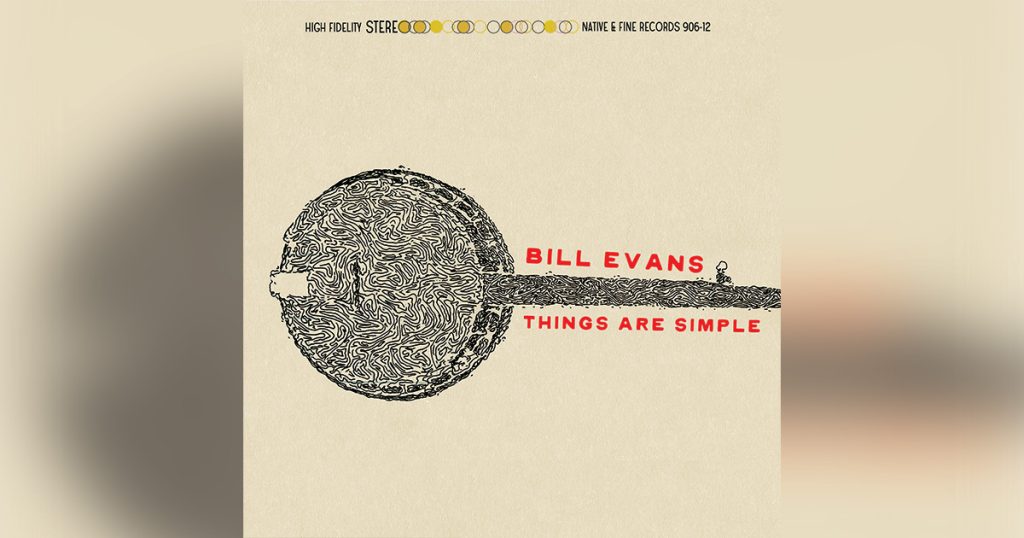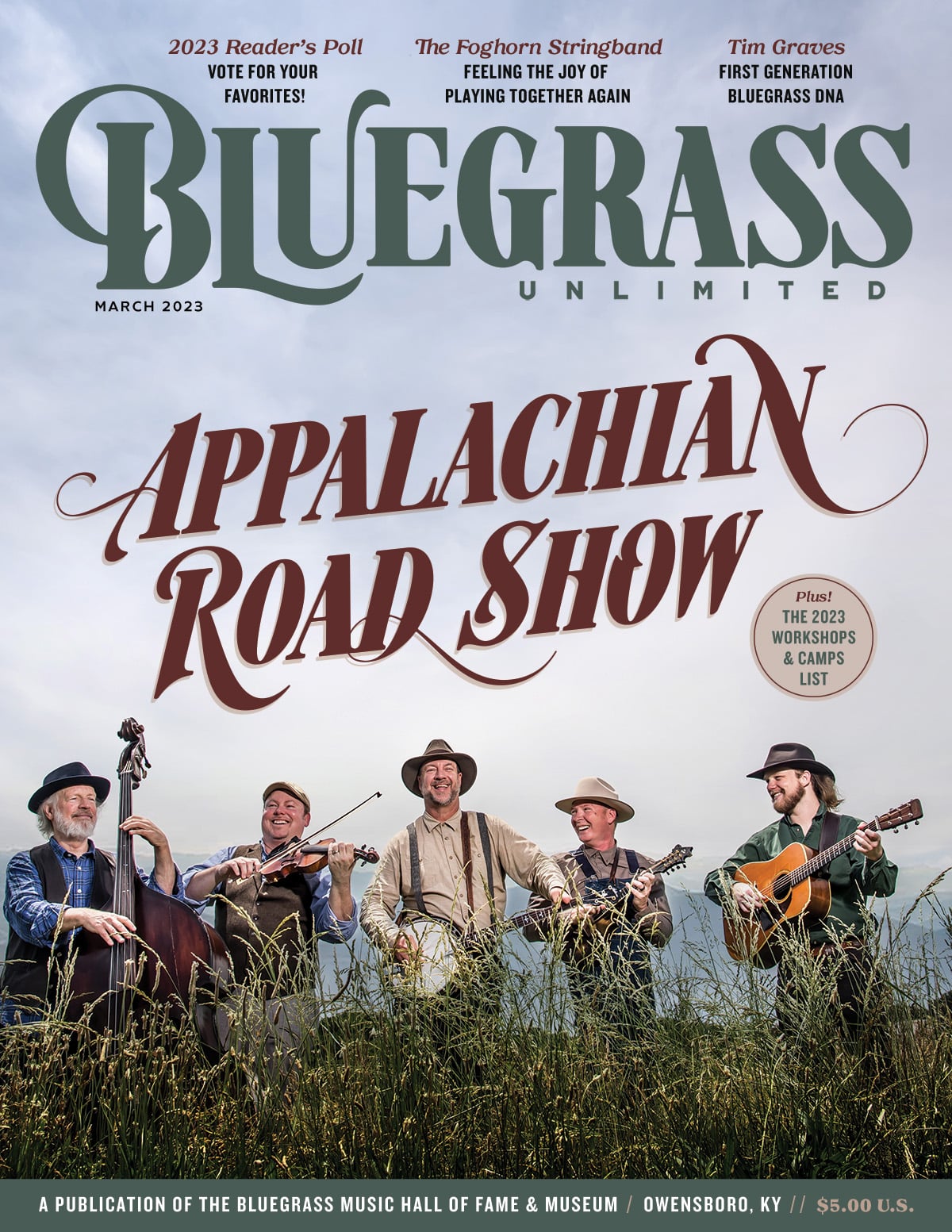Things Are Simple
Bill Evans is one of those figures whose name is almost synonymous with the American banjo. He’s not just an innovator (one fan described him as “the same thing to the banjo that Van Gogh was to color”); he’s also an instructor, student, author (Banjo for Dummies, among other titles) and historian of his chosen instrument.
Evans’ new album, which was three years in the making, is not just a masterpiece, but also a celebration. These tunes—most of them instrumentals and most of them original—brim with a sense of joy and appreciation for the things, both large and small, that make a life worth living.
These range from the profound devotion of a life partner (as on the title tune, where Evans is joined by his wife Babi on vocals and guitar), to the beauty of a sunrise (“Road To Ruidoso”), the view from your window (“Sierra Blanca”), “Black Range Waltz” (a tribute to the lodge where he and Babi where married and where he holds music camps) or the playful devotion of beloved pets (“Gertie And Jake”).
For these tracks, recorded in Berkeley, California and Las Cruces, New Mexico, Evans rounded up some of his favorite collaborators. These include John Reischman (mandolin), Chad Manning (fiddle), Jim Nunally (guitar), Sharon Gilchrist (bass), Darol Anger (fiddle), Chad and Brandon Godman (twin fiddles), Evans’ wife Babi on vocals and guitar and daughter Corey Evans on vocals.
One standout is a rousing cowrite with Darol Anger called “Along Came Sonny,” on which Anger pitches in on fiddle. The instrumental is, in Evans’ words, “a tip of the hat to Sonny Osborne.” “Nesser” is an exquisite banjo adaptation of a John Reischman mandolin tune, on which Reischman himself plays mandolin.
On the plaintive Jim Sullivan-penned gospel ode, “True He’s Gone,” Evans delivers a spot-on lead vocal, with assists from his wife and daughter.
“Midnight In Rosine” is a vivid, meditative musical rendering of one of Evans’ most cherished memories: standing alone at midnight at a little church house and staring across the road at Bill Monroe’s grave.
This collection closes with a jaunty, galloping reprise of the traditional melody, “Chinquapin Hunting.”

